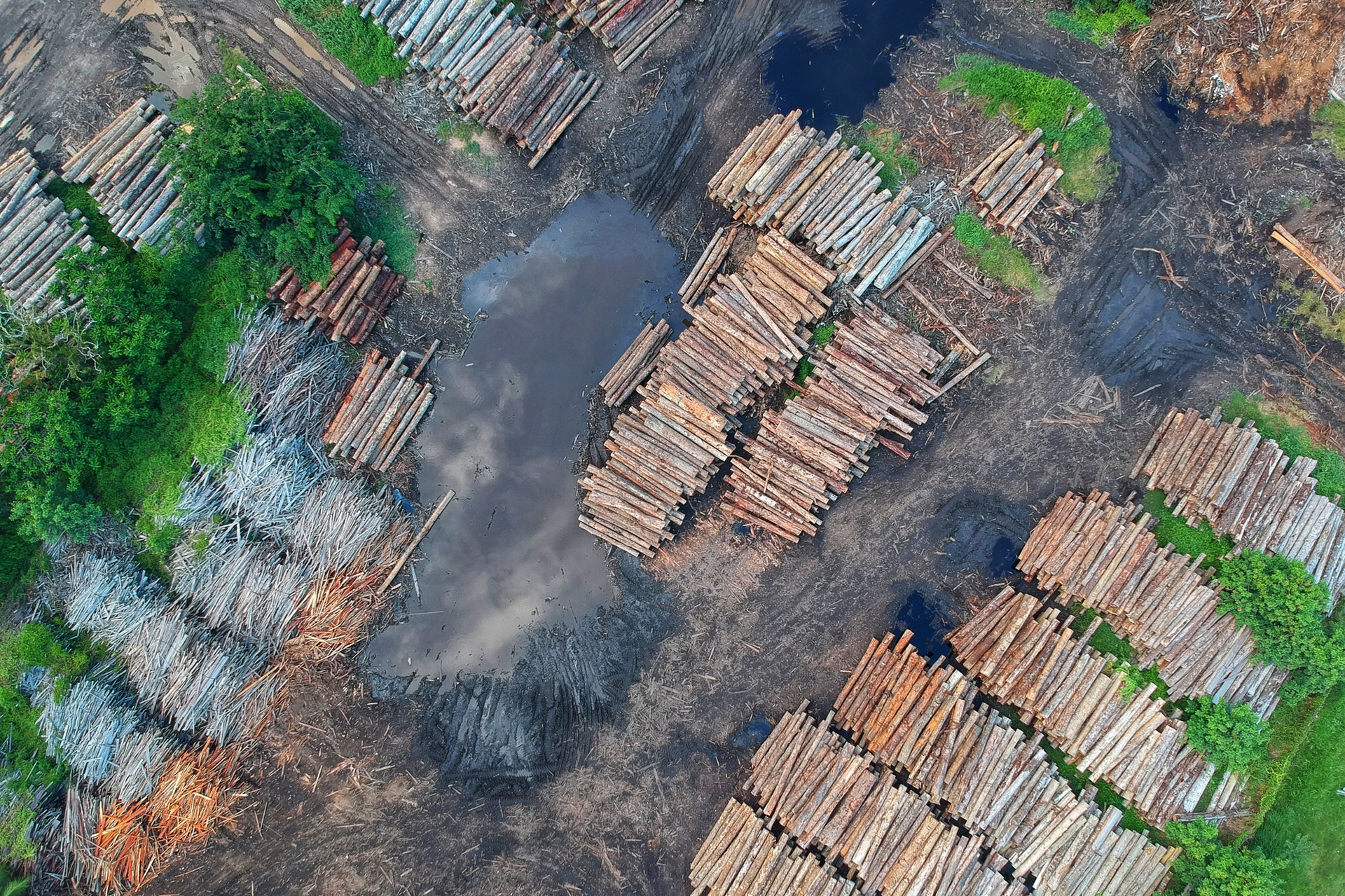As the Earth’s temperature steadily increases the risk of soil erosion, wildfires and drought is increasing, permafrost at both poles is thawing and crop yields in the tropics is diminishing, shows the latest Intergovernmental Panel on Climate Change (IPCC) report.

Degraded land is less productive, which means restrictions on what can be grown there and therefore the ground’s ability to absorb carbon is impeded. The report finds that alongside changes to the climate, land-use intensification and land-use change have contributed to land degradation and desertification. Further destruction of forests and emissions from intensive farming will worsen the impacts on land and the climate crisis.
To maintain food security as the population grows and the negative impacts of climate change on vegetation increase, land must remain productive. However the IPCC says there are limits to its contribution to addressing climate change. It takes time for soil and trees to store carbon effectively, bioenergy needs to be managed carefully to avoid risks to biodiversity, land degradation and food security, and the most desirable outcomes will depend on locally appropriate governance systems and policies.
“Land already in use could feed the world in a changing climate and provide biomass for renewable energy, but early, far-reaching action across several areas is required.”
– Hans-Otto Pörtner, co-chair of IPCC Working Group II

Strong action from business and governments is recommended in response the the report’s findings, including reforming farming subsidies, enabling new forests to grow, ending deforestation, supporting small farmers, and breeding more resilient crops. These actions, though, concedes the IPCC, would take decades to have a strong impact.
Therefore an overall focus on sustainability, together with earlier action, offers the best chances to tackle the climate crisis. This requires reduced inequalities, low population growth, less food waste and improved nutrition. This could enable a hardier food system and make more land available for bioenergy, whilst still protecting natural ecosystems and forests. Early action in these sectors would be needed however, with more land required for bioenergy, leading to challenging decisions about future land use.
“In a future with more intensive rainfall the risk of soil erosion on croplands increases, and sustainable land management is a way to protect communities from the detrimental impacts of this soil erosion and landslides. However, there are limits to what can be done, so in other cases degradation might be irreversible.”
– Kiyoto Tanabe, co-chair of the Task Force on National Greenhouse Gas Inventories.

Improper and usage and management is one of the factors influencing the climate crisis, and there needs to be more done to address this issue. The UK government has recently made net gain for biodiversity a part of planning law, which will hopefully help conserve the natural environment within developments. With the final deadlines for the Northumberland and Durham Local Plans approaching, we are hoping to see the natural environment placed as a priority across the North East for the future.
At ethical partnership we offer a comprehensive range of ecology and landscape services to both public and private sector clients to enable them to design developments and other schemes that are sensitive to the needs of wildlife, landscape and habitats. We can assist you in making your land or development as environmentally friendly as possible, helping to reverse the effects of climate change.
Contact us for more information and follow us on LinkedIn, Facebook and Twitter for more updates.
